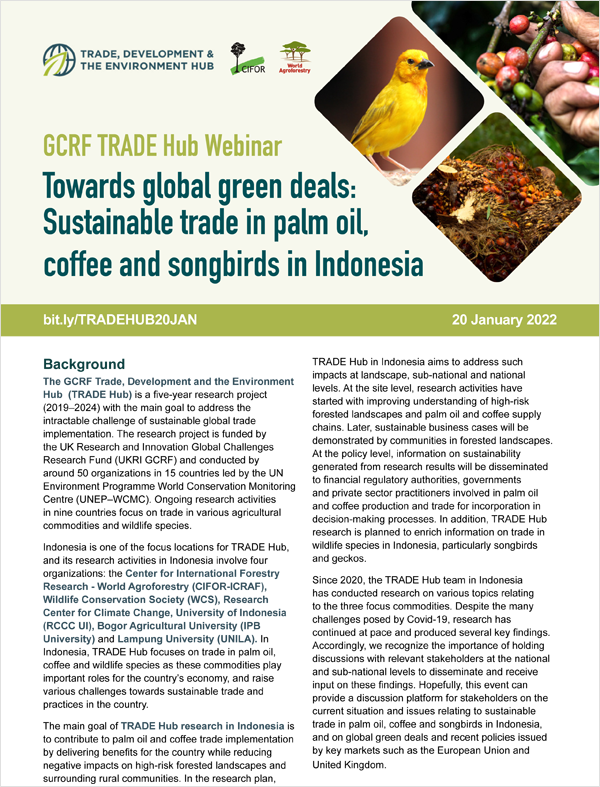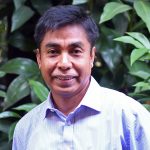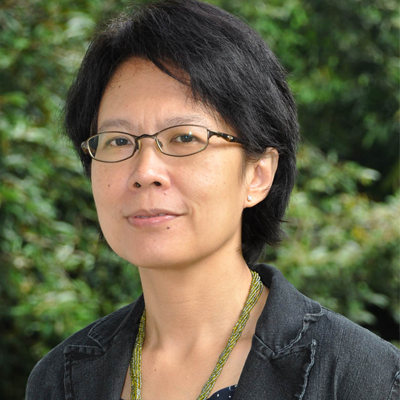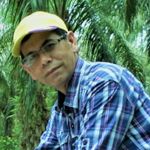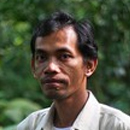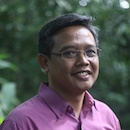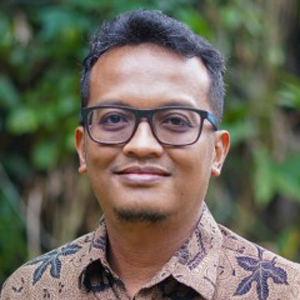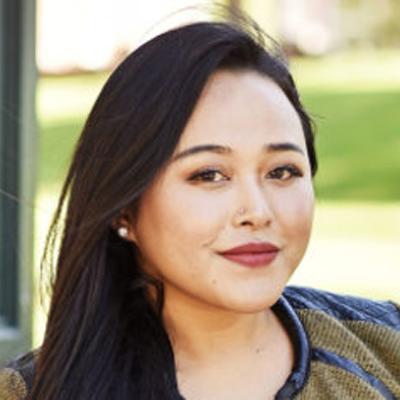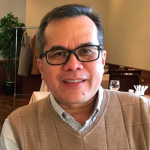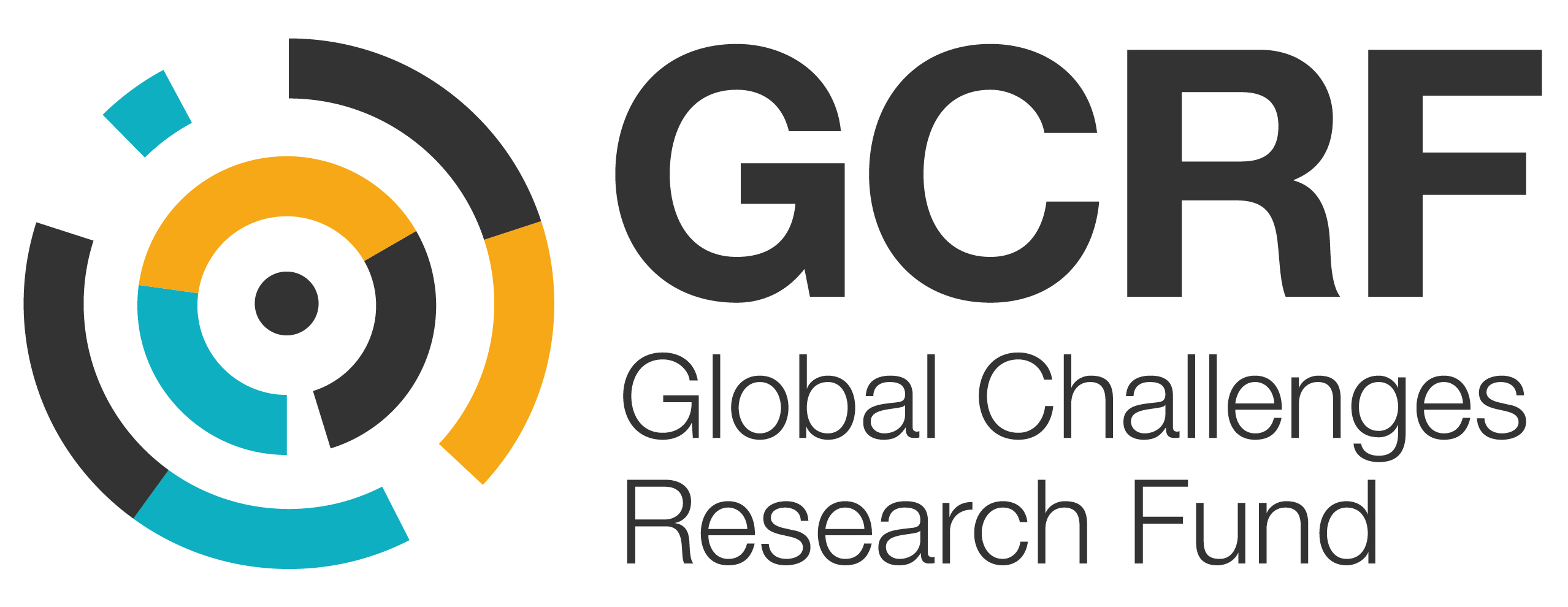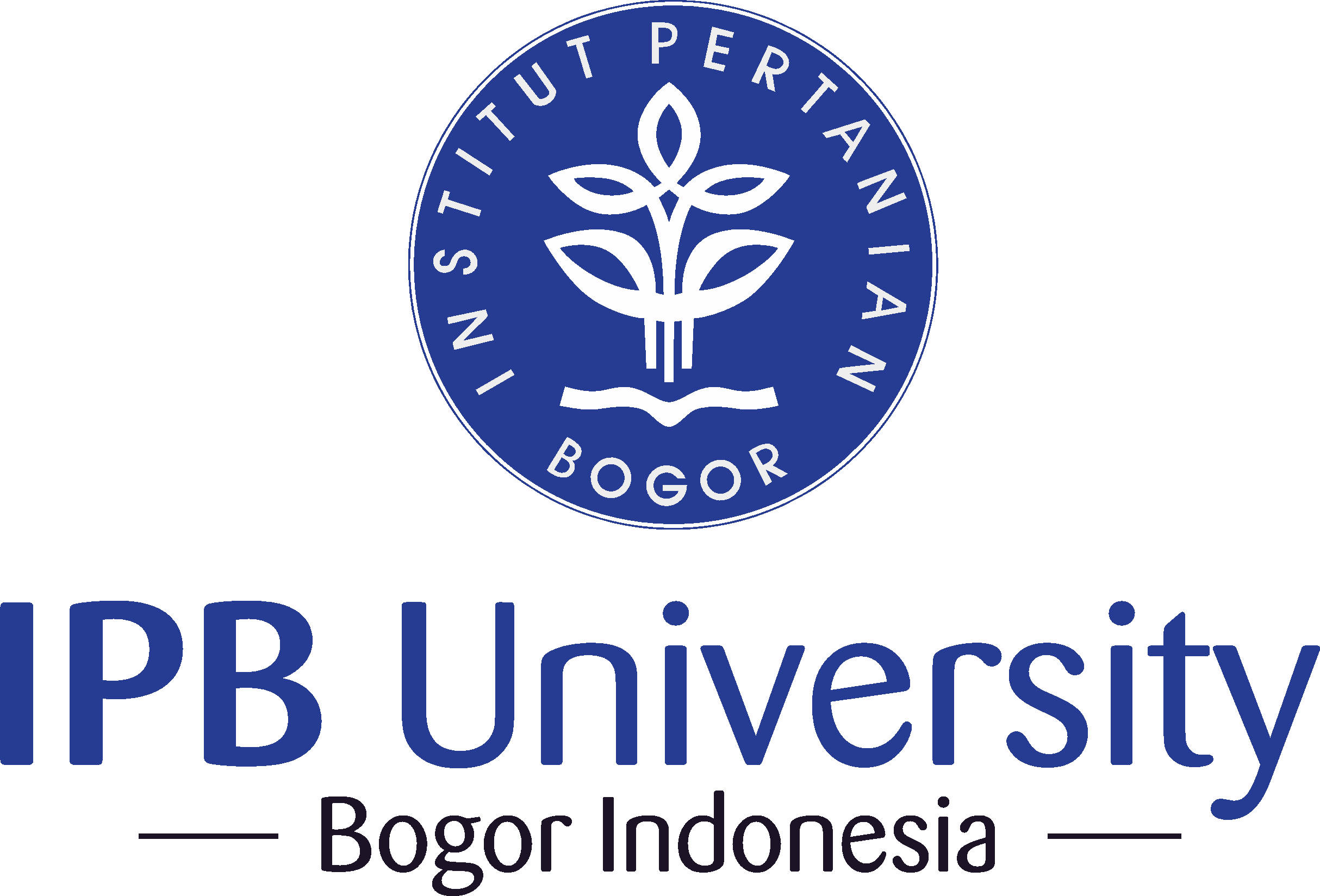The GCRF Trade, Development and the Environment Hub (TRADE Hub) is a five-year research project (2019–2024) with the main goal to address the intractable challenge of sustainable global trade implementation. The research project is funded by the UK Research and Innovation Global Challenges Research Fund (UKRI GCRF) and conducted by around 50 organizations in 15 countries led by the UN Environment Programme World Conservation Monitoring Centre (UNEP–WCMC). Ongoing research activities in nine countries focus on trade in various agricultural commodities and wildlife species.
Indonesia is one of the focus locations for TRADE Hub, and its research activities in Indonesia involve four organizations: the Center for International Forestry Research – World Agroforestry (CIFOR-ICRAF), Wildlife Conservation Society (WCS), Research Center for Climate Change, University of Indonesia (RCCC UI), Bogor Agricultural University (IPB University) and Lampung University (UNILA). In Indonesia, TRADE Hub focuses on trade in palm oil, coffee and wildlife species as these commodities play important roles for the country’s economy, and raise various challenges towards sustainable trade and practices in the country.
The main goal of TRADE Hub research in Indonesia is to contribute to palm oil and coffee trade implementation by delivering benefits for the country while reducing negative impacts on high-risk forested landscapes and surrounding rural communities. In the research plan, TRADE Hub in Indonesia aims to address such impacts at landscape, sub-national and national levels. At the site level, research activities have started with improving understanding of high-risk forested landscapes and palm oil and coffee supply chains. Later, sustainable business cases will be demonstrated by communities in forested landscapes. At the policy level, information on sustainability generated from research results will be disseminated to financial regulatory authorities, governments and private sector practitioners involved in palm oil and coffee production and trade for incorporation in decision-making processes. In addition, TRADE Hub research is planned to enrich information on trade in wildlife species in Indonesia, particularly songbirds and geckos.
Since 2020, the TRADE Hub team in Indonesia has conducted research on various topics relating to the three focus commodities. Despite the many challenges posed by Covid-19, research has continued at pace and produced several key findings. Accordingly, we recognize the importance of holding discussions with relevant stakeholders at the national and sub-national levels to disseminate and receive input on these findings. Hopefully, this event can provide a discussion platform for stakeholders on the current situation and issues relating to sustainable trade in palm oil, coffee and songbirds in Indonesia, and on global green deals and recent policies issued by key markets such as the European Union and United Kingdom.
Objectives
The objectives of this webinar are to:
- Serve as a platform to communicate and disseminate existing findings and progress from TRADE Hub activities to relevant stakeholders and the public;
- Discuss and collect key discussion points and critical input on findings from TRADE Hub research;
- Listen to the perspectives of different stakeholders on issues relating to sustainable trade in palm oil, coffee and songbirds in order to support priorities, policies and programmes in Indonesia and potential global green deals.
Contact: Sonya Dyah (s.dyah@cgiar.org)
English and Indonesian translation will be provided to the audience.













